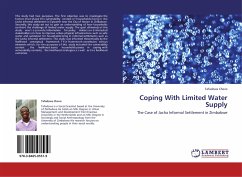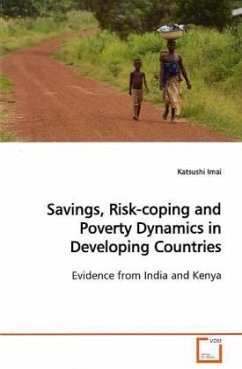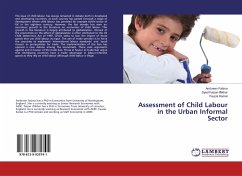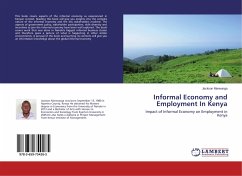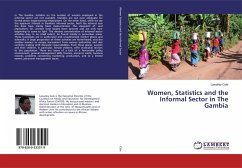Human beings cooperate from single occasions to repeated actions which can even pass from one generation to the other. Cooperation is mostly successful through network formation which can have many patterns: Friendship network among adolescents; trade network between countries; labor sharing network among rural households and so on. Labor sharing network in rural Ethiopia is the focus of this research. In rural Ethiopia it's hard to find insurances and credit facilities for small farm holders. Agricultural labor market is still at its lowest stage. Using panel data (1994-2009) from rural Ethiopia, the study tried to discuss about the role of informal labor sharing institutes, as a coping strategies by the time when different type of shocks happen. Three types of shocks, having different properties, are chosen to address shock variables. Health shock, flood shock and wild animal invasion of farms. These shocks have been major problem in rural Ethiopia next to drought for many decades. Therefore the study confirms that informal labor sharing institutions in general are used by rural households as a means of coping strategies through acquiring enough labor force against shocks.
Bitte wählen Sie Ihr Anliegen aus.
Rechnungen
Retourenschein anfordern
Bestellstatus
Storno



